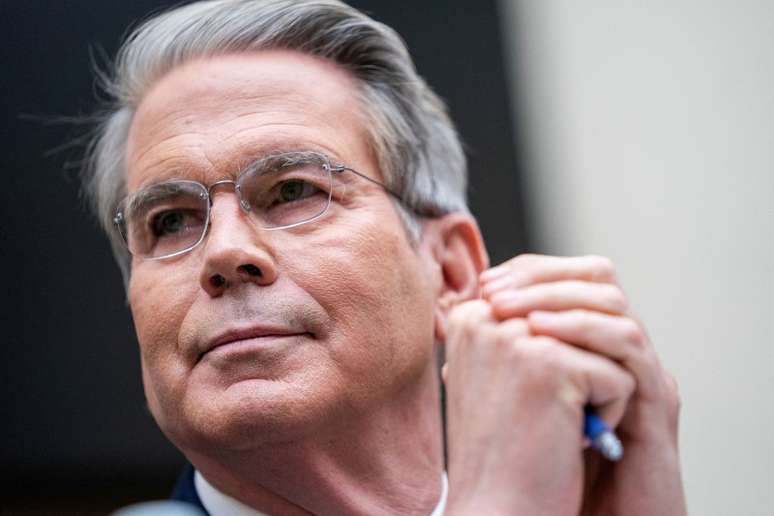The technical director responsible for the fight against the coronavirus, Maria Van Kerkhove, explains what the decision means
Friday 5 May 2023 will go down in history: the World Health Organization (WHO) said the end of the public health emergency of international concern (PHEIC) of the coronavirus pandemic. The question that remains is: does this mean that covid is no longer a pandemic? The answer, however, is not that simple.
Two months ago, in a video posted on the WHO channel, the technical director responsible for the fight against covid-19, Maria Van Kerkhovehe explained that a public health emergency of international concern (PHEIC) and a pandemic are two “little different things”.
“In the Covid situation, we are as much in a public health emergency of international concern as we are in a pandemic. While we have heard the director talk about the world’s ability to unite and end the emergency this year, in 2023 we may still be in a pandemic for a while, because this virus is here with us to stay,” he said at the time.
According to her, a PHEIC is the highest alert WHO can give in light of the International Health Regulations. In the case of covid, it was declared on January 30, 2020.
It is defined as an “extraordinary event determined to pose a public health risk to other States through the international spread of disease and potentially requiring a coordinated international response”. “The definition implies that the situation is serious, sudden, unusual or unexpected,” Maria stressed.
The International Health Regulations 2005 is an international legal agreement between 196 countries. It aims, according to WHO, “to help the international community prevent and respond to acute public health risks that have the potential to cross borders and threaten people around the world.”
As for the concept of a pandemic, scientists differ. For Maria, a pandemic occurs when “a new virus is affecting the world’s population.” “It’s very difficult to define when you reach a state where a new virus is a pandemic,” she said.
“The idea of declaring a Public Health Emergency of International Concern is to coordinate immediate action before the event gets even bigger and potentially becomes a pandemic,” he explains.
In his announcement made Friday, WHO director-general Tedros Adhanom stressed that despite declaring the end of the emergency, covid has not ceased to be a “threat to global health”. “This virus is here to stay. It’s still killing and it’s still changing. There remains a risk that new variants will emerge that cause new outbreaks of cases and deaths,” he said.
Tedros also urged countries not to let their guard down. “What this news means is that it is time for countries to move from emergency mode to managing COVID, along with other infectious diseases.”
Other Public Health Emergency Recall (PHEIC)*
2009-2010: Influenza (H1N1).
2014-current: polio.
2014-2016: Ebola in West Africa.
2016-2016: Zika virus.
2019-2020: Ebola in the Democratic Republic of the Congo (Kivu and Ituri).
2020-2023: New coronavirus.
2022-current: Mpox (monkey pox)
*Emergency declaration tool created by WHO only in 2005
Source: Terra
Ben Stock is a lifestyle journalist and author at Gossipify. He writes about topics such as health, wellness, travel, food and home decor. He provides practical advice and inspiration to improve well-being, keeps readers up to date with latest lifestyle news and trends, known for his engaging writing style, in-depth analysis and unique perspectives.






-1h7in1gkefwhf.jpg)

